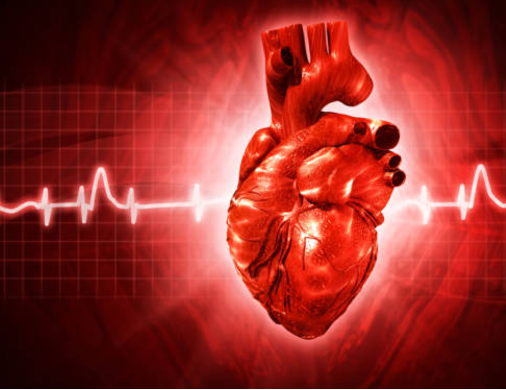High blood pressure, also known as hypertension, is often referred to as the "silent killer" because it can develop without any noticeable symptoms, causing significant harm to your body without you even realizing it. Many people are unaware that they have high blood pressure until it’s too late, underscoring the importance of understanding the signs to look out for and the necessity of regular check-ups for your health.
What is High Blood Pressure?
Blood pressure is the force of blood pushing against the walls of your arteries as your heart pumps it throughout your body. When this force remains consistently too high, it can lead to damage to your blood vessels and organs. A normal blood pressure reading is typically around 120/80 mmHg, while anything above 140/90 mmHg is considered high blood pressure.
The Silent Symptoms of High Blood Pressure
While high blood pressure often doesn’t cause symptoms, some individuals may experience subtle signs that indicate an underlying issue. These symptoms are easy to overlook, but if you notice them, it’s important to get checked by a healthcare professional.
- Frequent Headaches: Persistent or severe headaches, especially in the mornings or after a stressful day, can be a common sign of high blood pressure.
- Dizziness or Lightheadedness: Feeling dizzy, faint, or lightheaded could indicate that your blood pressure is out of balance.
- Shortness of Breath: Difficulty breathing, even when not exerting yourself physically, can be a sign of high blood pressure affecting your heart and lungs.
- Blurred Vision: High blood pressure can harm the blood vessels in your eyes, leading to blurred vision or temporary loss of sight.
- Chest Pain: Chest pain or discomfort may indicate dangerously high blood pressure and should not be ignored.
- Fatigue: Constant tiredness or feeling fatigued can be a sign that your heart and circulatory system are struggling under increased pressure.
- Nosebleeds: Frequent or unexplained nosebleeds might signal that your blood pressure is too high.
Why Is It Important to Know?
Even without symptoms, high blood pressure can silently damage your organs over time. Untreated hypertension can lead to severe health issues like heart disease, kidney problems, strokes, and vision loss. The good news is that high blood pressure is manageable through regular monitoring and lifestyle changes such as a healthier diet, exercise, and stress reduction.
What Can You Do?
Regular screenings are the most effective way to detect high blood pressure, with adults over 18 recommended to get their blood pressure checked at least once a year. For those already diagnosed with high blood pressure, working with a doctor to manage it through medication, diet, and exercise is crucial. Stay proactive about your well-being and don’t wait for symptoms to appear before taking action. Prevention is key to avoiding bigger health problems in the future.







